Skip to content

Even the Government’s own figures acknowledge that the disabled community in the UK is huge. And yet they haven’t appointed a dedicated Minister for Disabled People.
The latest estimates from the Department for Work and Pensions’ Family Resources Survey indicate that 16.0 million people in the UK had a disability in the 2021/22 financial year. This represents 24% of the total population.

This is what people are saying about the downgrading of this Ministerial position. It’s a role that has existed since 1974 .. but no longer!
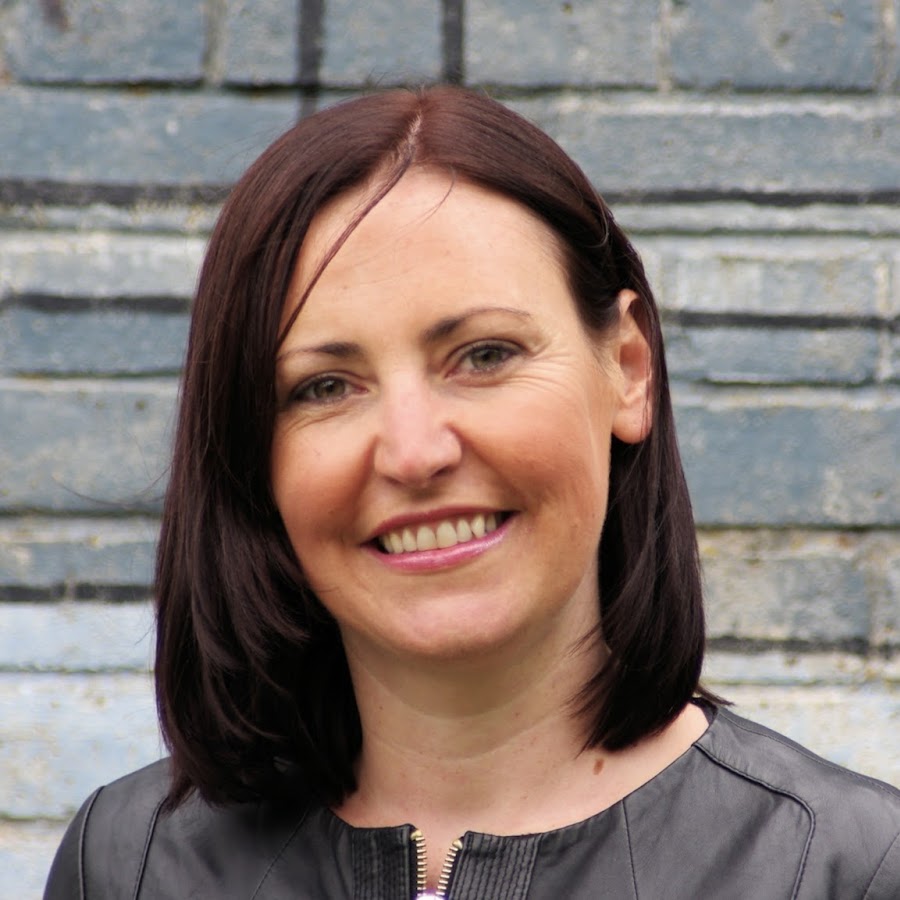
Vicky Foxcroft MP (Shadow Minister for Disabled People)
“After 13 years of Tory austerity, the pandemic and the cost of living crisis, disabled people feel their voices aren’t being represented in Government.
“The Prime Minister’s decision to downgrade the role of Minister for Disabled People, Health and Work confirms this and should be reversed immediately.
“Unlike the Tories, Labour is committed to co-production and working with disabled people right from the start.
“A future Labour government will ensure that disabled people no longer feel like an afterthought.”
Vicky Foxcroft MP raised this at the last DWP Questions session before Christmas
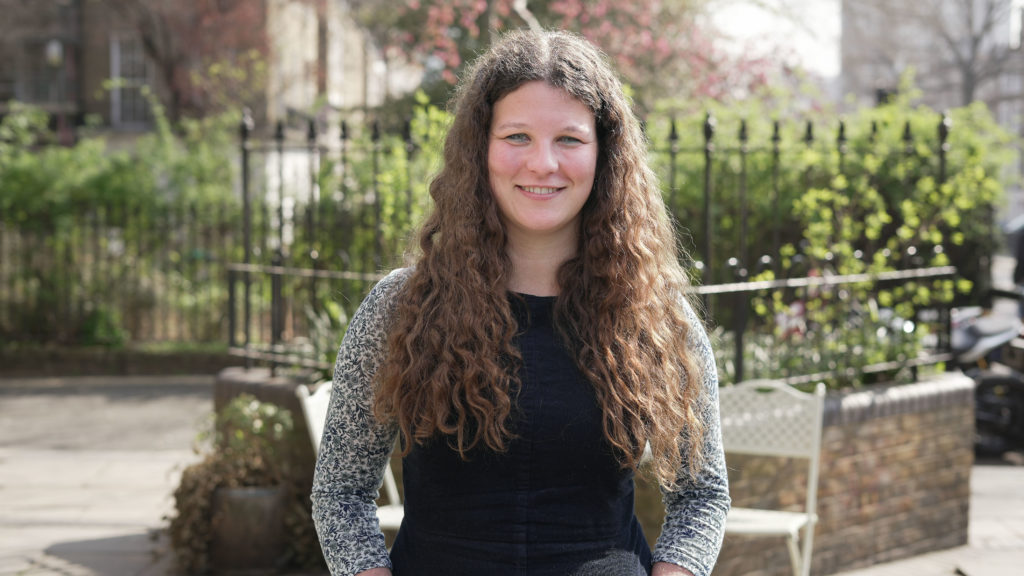
Sarah White, Head of Policy at SENSE
“The Minister for Disabled People is a vital role in Government to ensure disabled people’s interests are represented. At a time where disabled people are in crisis, this role should not be taken on by a member of government who is already juggling other responsibilities.
“Disabled people have been hit hard by cuts to social care and the cost-of-living crisis, and are battling rising prices that have pushed far too many into debt. Disabled people can’t afford to wait any longer – a new dedicated Minister for Disabled People should be appointed as soon as possible.”

Caroline Collier, Chief Executive of ‘Inclusion Barnet’
“We need someone in Government whose role is to represent disabled people at the highest level, to make sure their experiences and perspectives are factored into decision making so they are not forgotten. However, a Disability Minister alone won’t make any difference unless they are effective in fighting for disabled people’s interests in the corridors of power and are listened to by their political bosses. This hasn’t been a notable success in recent years, in the context of a largely negative policy environment involving inadequate incomes, benefit cuts and weak employment support.”
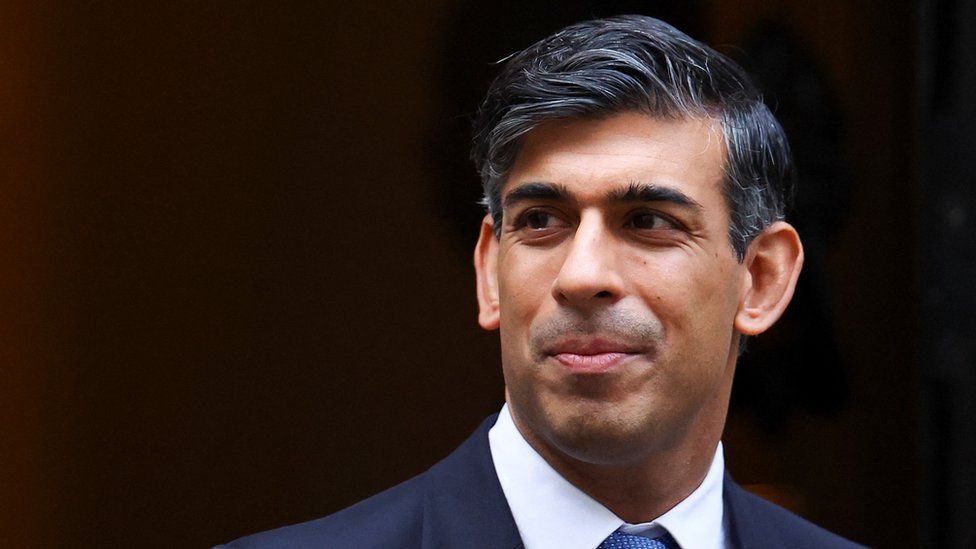
Rishi Sunak – Prime Minister
Downing Street on Thursday rejected a suggestion that the move to make two ministers responsible for migration but no one solely for disabilities amounted to “downgrading” the role of minister for disabled people.
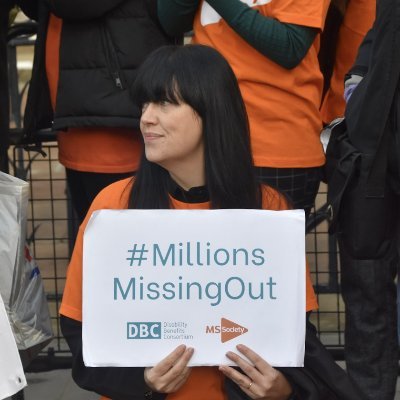
Anastasia Berry, Co-Chair of ‘Disability Benefits Consortium’
“Despite making up almost a quarter of the population, disabled people are yet again being treated like they don’t exist.”

Marion Fellows MP
Motherwell and Wishaw MP Marion Fellows has strongly criticised the UK Government after the role of a stand alone disabilities minister was downgraded.
The SNP MP said the “appalling” move sends the wrong message to the estimated 16 million people in the UK who are living with disability.
She said that she and disability charities believe that disabled people “deserve so much better” and called for the move to be reversed.
During the heated clash in the House of Commons, UK Secretary of State for Work and Pensions Mel Stride MP branded the claims as a “misnomer”.
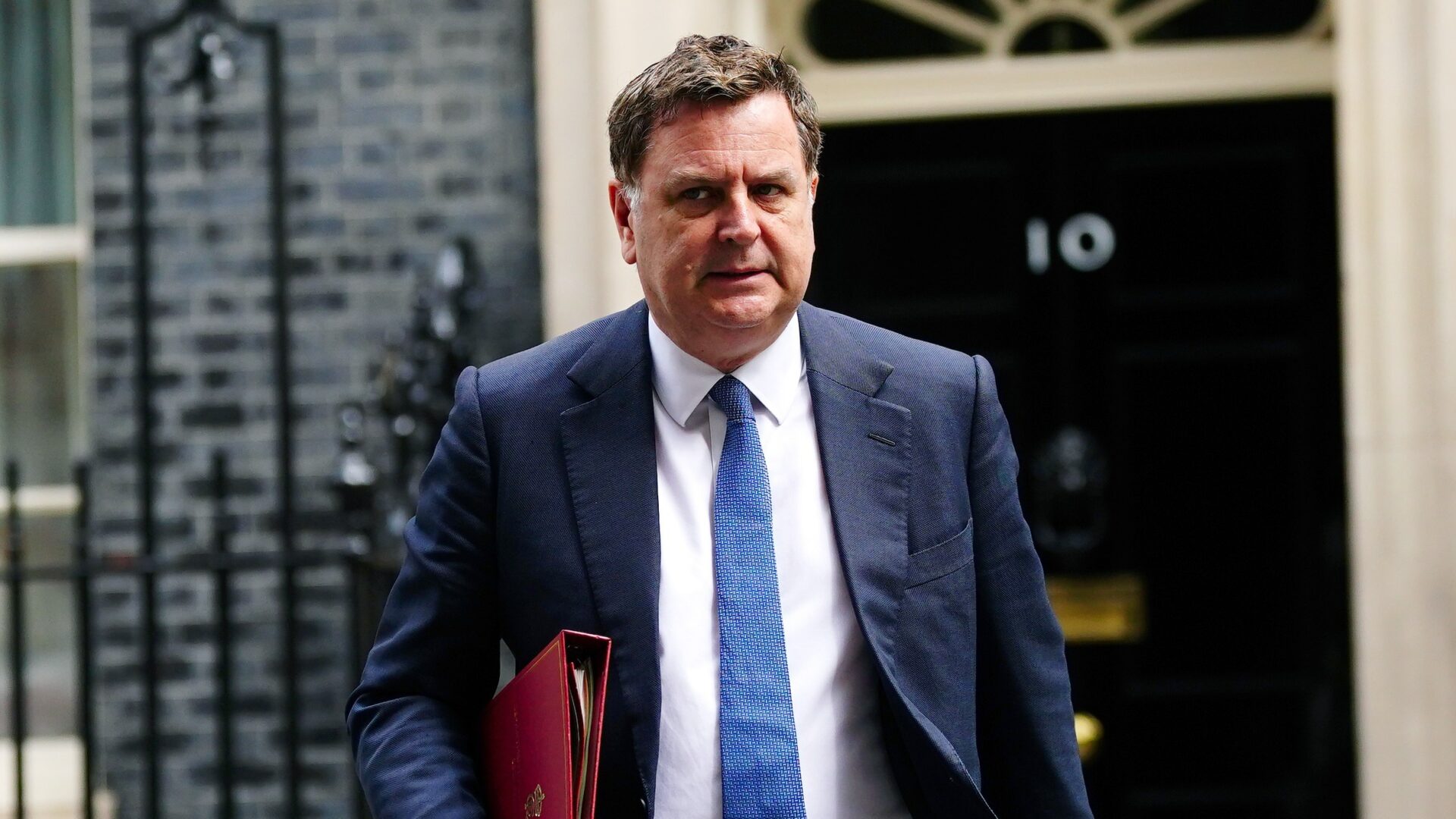
But he was not able to give any commitment over a return to a dedicated stand alone disabilities minister and did not explain why the government had opted to change the role. Ms Fellows, who is the SNP’s spokesperson on disabilities, has previously said that her constituents repeatedly raise disability issues because of their worries over UK government policy direction.

Laura Trott MP, Chief Secretary to the Treasury
Claims by Chief Secretary to the Treasury Laura Trott that people with mobility or mental health issues have to ‘do their duty’ and work from home wouldn’t be placing the blame on to disabled people.
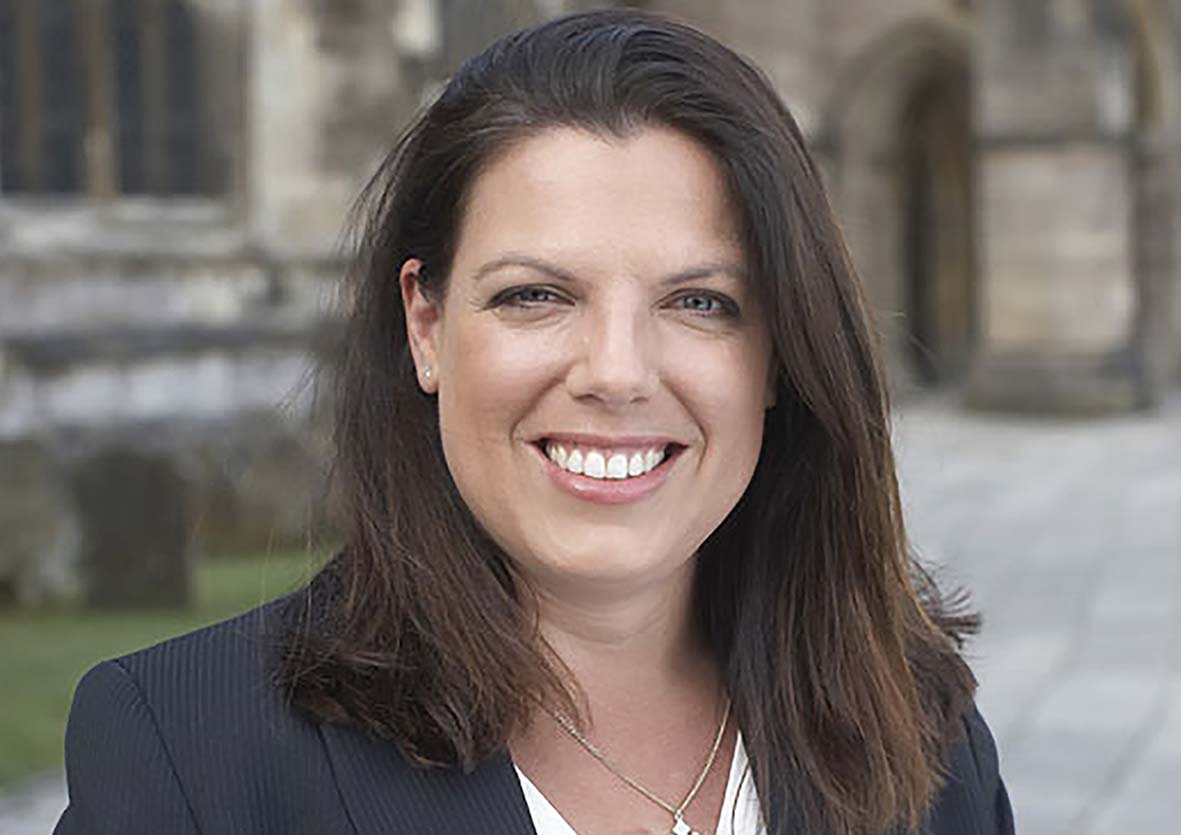
Conservative MP Caroline Nokes, who chairs the women and equalities committee, said the move “sends entirely the wrong message when it’s clear disabled people want more influence over the strategies, action plans, and policies affecting them” and said it would “do nothing to stop disabled people feeling further disempowered”.
CONCLUSION
The government has announced there will no longer be a dedicated minister for disabled people. Department of Work and Pensions minister Mims Davies will take on the role, but at a lower ministerial level than her predecessor and will combine it with her existing work on social mobility and youth issues.
16 million people in Britain are disabled and the move angered campaigners, already unhappy after last month’s autumn statement, which said people with mobility and mental health problems would be asked to work from home or lose benefits.
info@disabilitytalk.co.uk
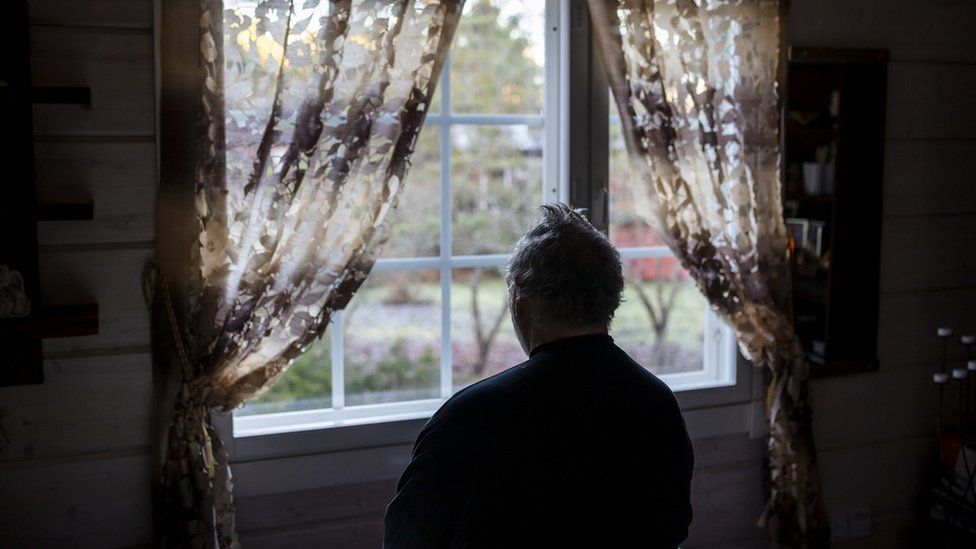
Lonely, forgotten – and now, not represented?












